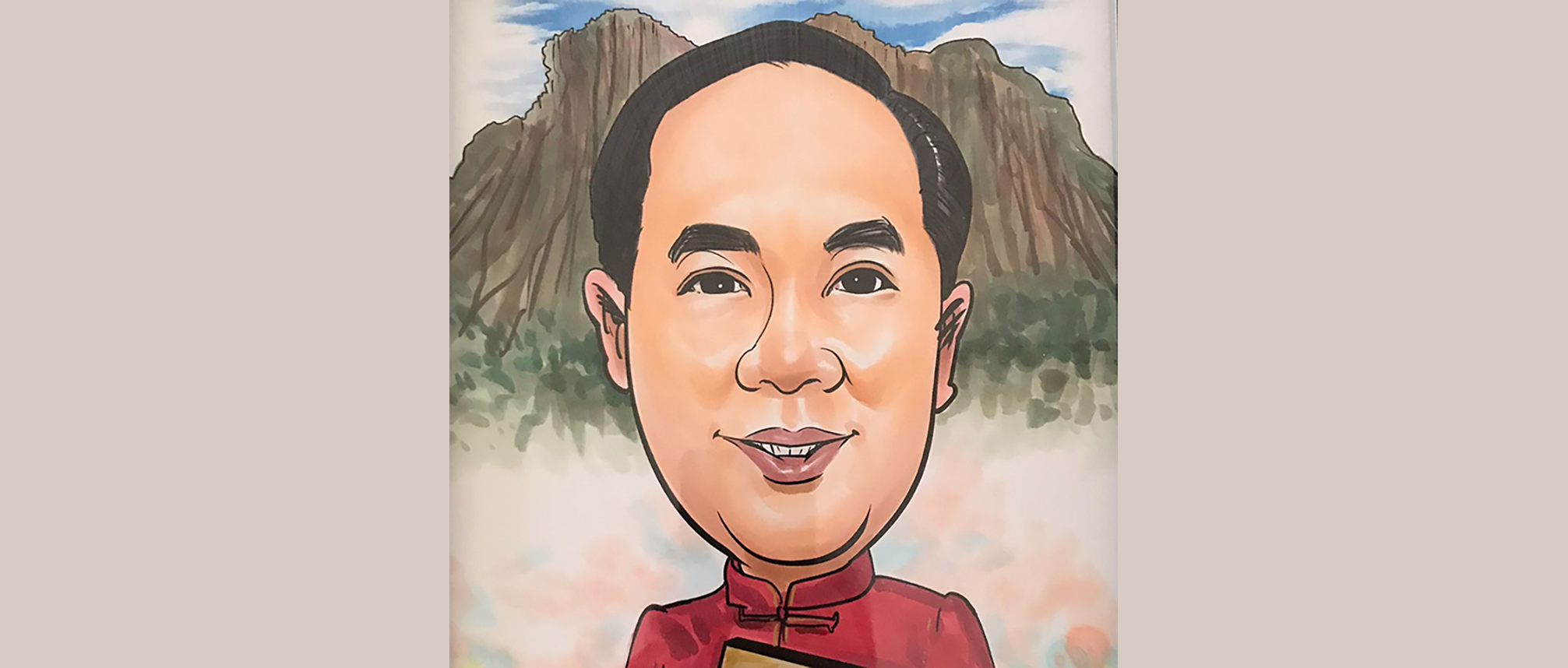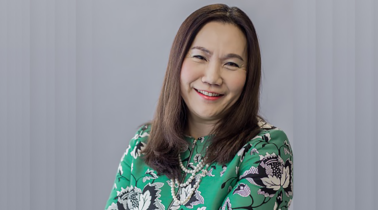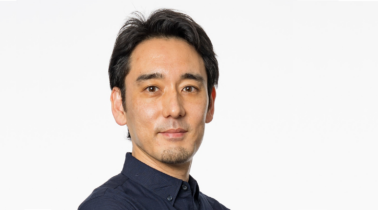Learning from diverse classmates boosts soft skills
Tan Yong Wah, NUS EMBA Class of 2000, Chief Information Officer (retired), Hong Kong Monetary Authority, Central Bank
For Yong Wah, the NUS EMBA offers unique learning opportunities beyond textbooks. For instance, having classmates of diverse corporate backgrounds and experience helped boost his soft skills.
And the best way to tap into his classmates’ knowledge, according to him, was over meals and drinks after a day’s class. “You can pick up nuggets of wisdom from just that one hour after class,” explained Yong Wah.
We caught up with the recently-retired Yong Wah to get his thoughts on the programme.
Q: What made you embark on your EMBA journey with NUS Business School?
During the 90s, I moved to Hong Kong and joined the Hong Kong Monetary Authority as Chief Information Officer. I realised the organisation is like the cream of the crop among the agencies there. So, I felt I needed an MBA to be on par with the other employees in the organisation.
Moreover, it was important for me to learn more about leadership and management as I was managing a department of some 100 IT professionals. Having the spirit of continuous learning is important from the management’s perspective.
The curriculum structure appealed to me as each of the six modules I had to take lasted around ten days. Moreover, I didn’t have to quit my job to study, and the office was kind enough to give me time for my course. I finally applied and started my NUS EMBA in 1999.
Q: What lessons did you take away from the programme?
The EMBA is quite different from the regular MBA. For example, in a class of, say, 15 EMBA students, the accumulated work experience will, on average, be more than 100 years. That is the most valuable aspect of being part of an EMBA class.
The professors will invite us to participate in the discussions, and the exchange of experience is a critical aspect of the programme, as you can’t find it in the books. For example, my class had a CEO, a financial controller, a COO, a marketing person from Motorola and someone who managed a manufacturing plant.
The most valuable takeaway is the exchange of know-how and know-who from your classmates’ years of experience, like how they handle issues in their line of work. The interactions helped me in terms of soft skills like how to handle difficult people. I may have a way of managing people, but from hearing what your peers did, you would go, this is interesting; I should try this back in the office.
Q: What advice would you give thinking of doing an EMBA?
You need about eight to 10 years of working experience or even more. Then when you come in as a student, you can better share your experiences and understand where your classmates are coming from.
Q: What does the future hold in store for you? Any plans you can share with us?
I just retired in 2022! I am enjoying retirement very much because I don’t have to wake up in the morning and worry about office matters. I am open to teaching or speaking opportunities because I would love to contribute to NUS Business School.


